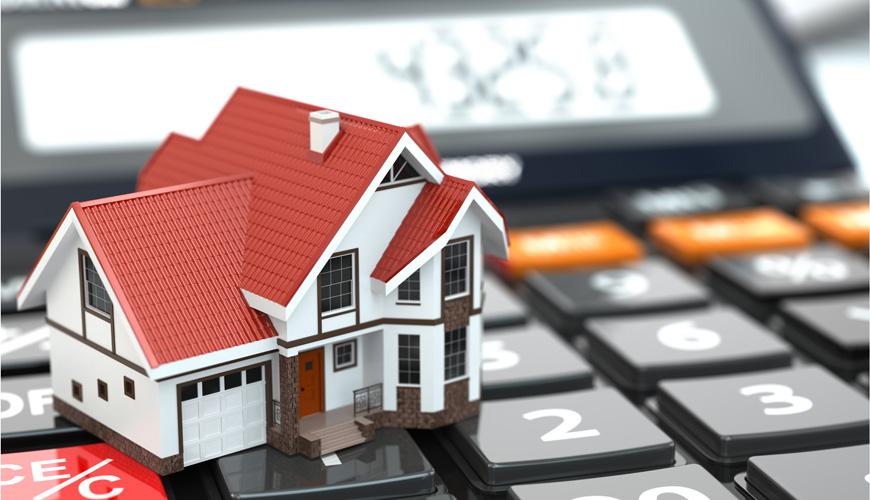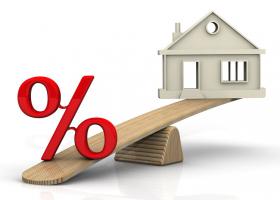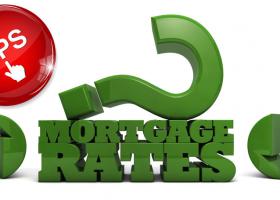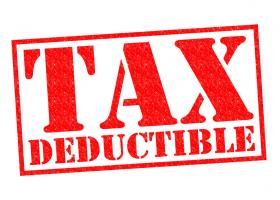Unpleasant rate surprises with mortgage renewals in 2018

Years of falling interest rates in the aftermath of the 2008-09 financial crisis taught a generation of home buyers that renewing a mortgage is a chance to reduce your payments. Now, we're heading into the first wave of post-crisis renewals at higher mortgage rates.
If you bought your house five years ago and chose a mortgage with the ever-popular five-year term, rate hikes since last summer mean your payments are headed higher on renewal. Competitively discounted fixed five-year mortgage rates today run from 3.19 percent to 3.59 percent, depending on your particular home and mortgage details. Five years ago, a comparable rate was 2.74 percent. The lowest five-year rate widely available in the past five years was 2.44 percent in mid-2016, according to RateSpy.com.
Higher rates are just half the story. New mortgage-industry rules are complicating the process of taking your mortgage elsewhere if you don't like the rate offered by your current lender.
The new rules require buyers with a down payment of 20 % or more to undergo a stress test that ensures they could afford their mortgage payments at the greater of the Bank of Canada's five-year benchmark rate (now 5.14 %) or the actual rate being offered plus two percentage points. People with down payments below 20% already faced a stress test, but it was set at the five-year Bank of Canada rate and thus slightly less stringent.
For existing homeowners, the stress tests are a non-factor as long as they're renewing their mortgage with their current lender. If they want to move the mortgage to a different lender, a stress test must be applied. Unless you can pass the stress test, you're likely stuck with your current lender. A recent column looked at how people refinancing their mortgages to add other debts must also pass the stress test now. Refinancing is a popular tactic used by people who are getting overwhelmed by their debts.
The biggest rate shocks will be felt by people who thought they were being prudent borrowers by putting down 20% or more and thus avoiding the cost of mortgage-default insurance. This insurance makes a mortgage more attractive to lenders because the equity built up in the house means they won't lose money if borrowers can't repay what they owe.
That competitive 3.19%, five-year fixed rate mentioned earlier is for people who started with a so-called high-ratio mortgage, where the down payment is less than 20 %t, and/or for those who have a mortgage that is less than 65 % of the current value of their home. Also, the purchase price had to be below $1-million. The best rate applies here because the mortgage is insured against default.
Expect rates in the area of 3.39 to 3.59 % if you're renewing a mortgage of between 65 % and 80 % of the home's current value (for example, a couple that put down 20 % at the time of purchase several years ago) and/or had an original purchase price of $1-million and higher. The same applies to people who are refinancing when they renew.
The Greek Stoic philosopher Epictetus once stated, “Wealth consists not in having great possessions, but in having few wants.” One may be tempted to dismiss Epictetus’ advice since, born a slave, he had to make due, presumably, with very little. However, for those about to renew a mortgage it seems that heeding the ancients, including Seneca, who proclaimed that frugality makes a poor man rich, may be sound advice.












